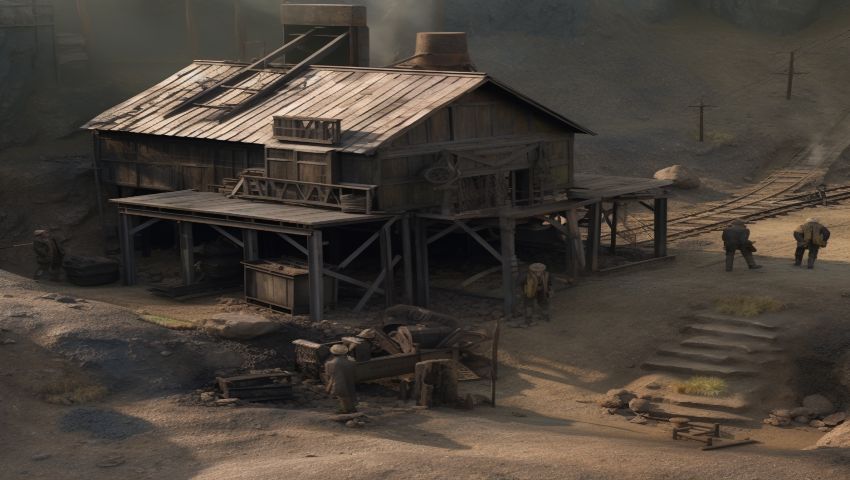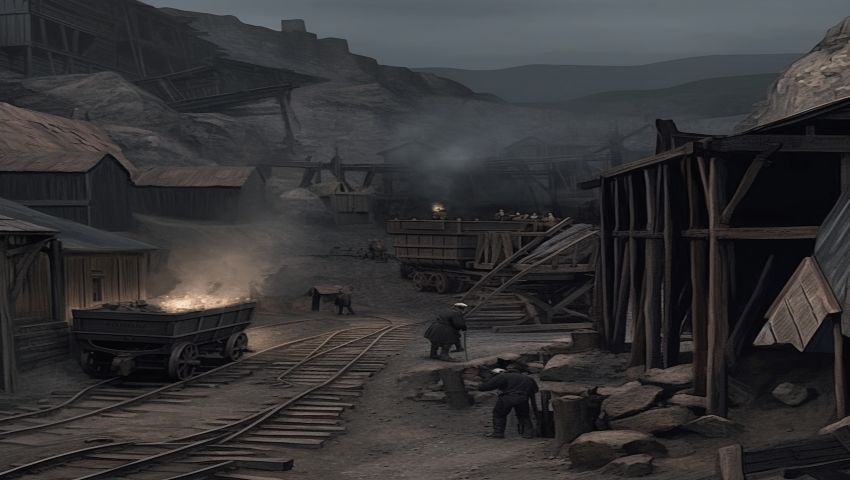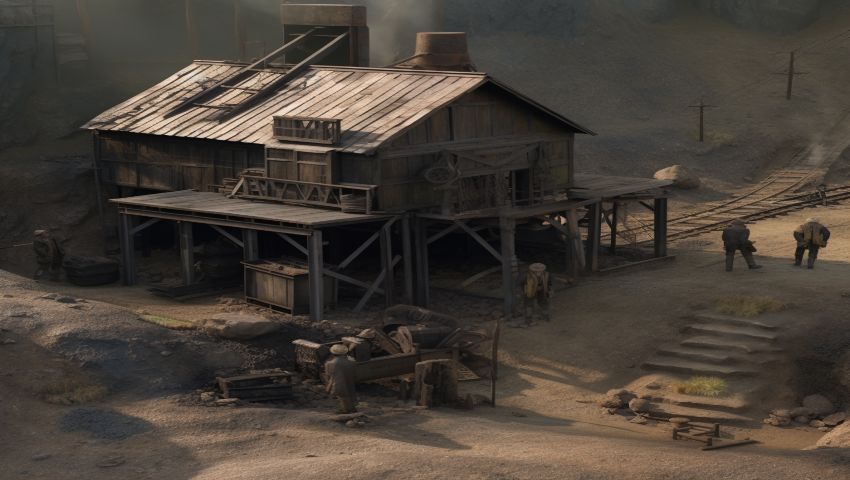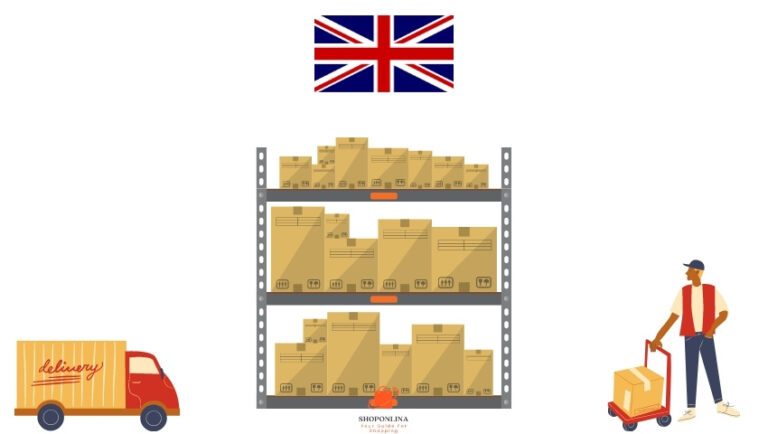Coal in UK … A Comprehensive Analysis
Coal was once the lifeblood of the UK’s economy, but has its time finally come to an end?” From powering the Industrial Revolution to becoming a central debate in climate change discussions, coal has undoubtedly left a lasting impact on UK.
Discover the fascinating history of coal in UK, its environmental and economic implications, and the country’s transition towards a greener, low-carbon future. Dive into expert opinions, alternative energy sources, and the effects on local communities.

Background and Context: A Brief History of Coal in UK
The Industrial Revolution: Coal Takes Center Stage
Coal has been mined in the UK for centuries, but it was during the Industrial Revolution in the 18th and 19th centuries that it took on a more prominent role. The increasing demand for coal to fuel steam engines, heat homes, and power factories led to the rapid expansion of the coal industry. Coal mining communities flourished, and the UK became a world leader in coal production.
The Decline of the Coal Industry: From Boom to Bust
By the mid-20th century, the UK’s coal industry began to decline. Cheaper natural gas and oil, along with the rise of nuclear power, contributed to a decrease in coal consumption. Increased awareness of the environmental and health impacts of coal, as well as government policies promoting cleaner energy, have further hastened the decline of the coal industry.
Main Sections: Understanding Coal in Modern UK
Coal Production and Consumption in the UK
- Coal mining regions: Once a thriving industry, only a handful of coal mines remain operational in the UK. Most are located in England, Scotland, and Wales, with a few small mines in Northern Ireland.
- Coal-fired power plants: The UK has been steadily reducing its reliance on coal for electricity generation, with many coal-fired power plants being replaced by gas, nuclear, and renewable energy sources.
- Domestic and industrial use: Coal consumption in homes and businesses has also decreased, as more people turn to cleaner heating options like gas, electricity, and biomass.
Economic Impact of the Coal Industry
- Employment and wages: At its peak, the coal industry employed over a million people in the UK. Today, that number has dwindled to just a few thousand. The decline in coal production has led to job losses and economic hardship in many coal mining communities.
- Contribution to GDP: Coal’s contribution to the UK’s GDP has declined significantly, with the industry now accounting for less than 1% of the country’s economic output.
- Effects on local communities: The closure of coal mines and power plants has had devastating effects on local economies, with many communities struggling to recover and find new sources of employment and revenue.








